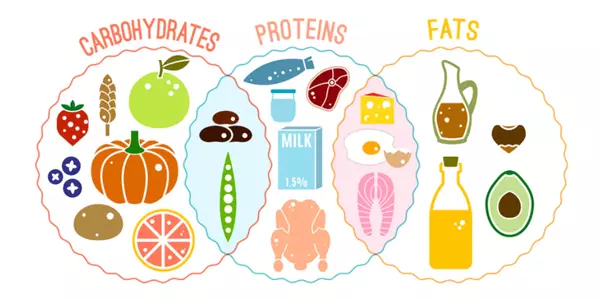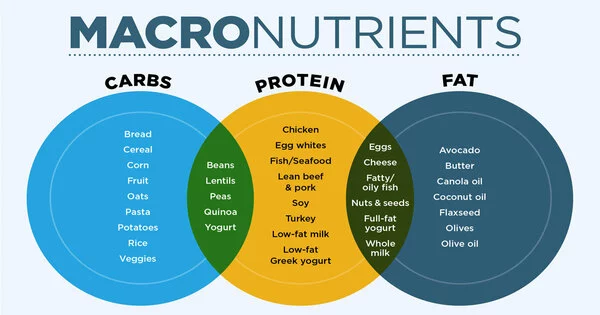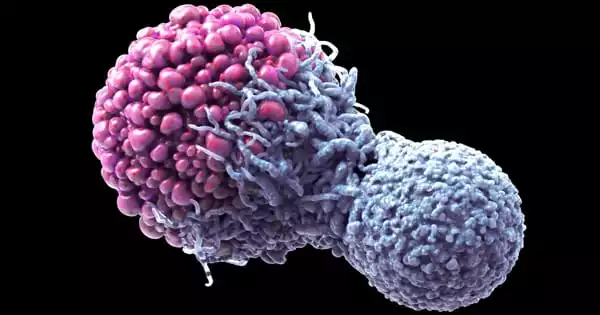Macronutrients are nutrients that are required in large quantities. Macronutrients, or macronutrients, are essential nutrients that the body requires in large quantities to stay healthy. Macronutrients are classified into three types: carbohydrates, lipids, and proteins. These provide energy to the body, aid in disease prevention, and allow the body to function properly. These can be converted into cellular energy via metabolic processing. The chemical bonds between macronutrients provide energy. This chemical energy is converted into cellular energy, which is used to perform work and allows our bodies to function normally.
Macronutrients are the three main categories of nutrients that are essential to human health and well-being. These nutrients provide energy in the form of calories and are required in large amounts to support various bodily functions.
Macronutrients are nutrients that your body requires in large quantities, such as fat, carbohydrates, and protein. They are the nutrients that provide energy and are referred to as “macros” by some. Macronutrients are food components that your body requires to maintain its systems and structures. A healthy diet requires all three macronutrients, so you should not exclude or severely restrict any of them.

The three macronutrients are:
- Carbohydrates: These are the body’s primary source of energy and are found in foods like bread, pasta, rice, and fruits. They are broken down into glucose, which is used by the body for energy.
- Proteins: These are the building blocks of the body and are necessary for the growth and repair of tissues. They are found in foods like meat, fish, beans, and dairy products.
- Fats: These are also a source of energy for the body and are important for insulation, the protection of organs, and hormone regulation. They are found in foods like nuts, seeds, oils, and butter.
It’s important to consume a balanced diet that includes all three macronutrients in appropriate amounts, as each nutrient plays a crucial role in maintaining overall health and well-being.
A calorie is a unit of measurement for food energy. The amount given for “calories” on nutrition food labels is actually equal to each calorie multiplied by 1000. A kilocalorie (Calorie) is the amount of heat produced by a specific macronutrient that raises the temperature of one kilogram of water by one degree Celsius.
The calories in a particular food are expressed as kilocalories on the Nutrition Facts panel, which is commonly denoted as “Calories” with a capital “C” (1 kcal = 1 Calorie = 1,000 calories). Water is a macronutrient in the sense that you need a lot of it, but it does not provide calories like the other macronutrients.
















